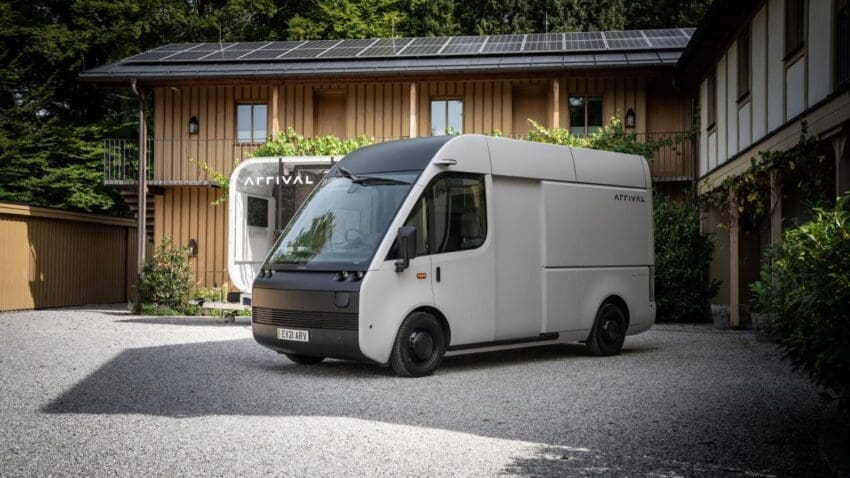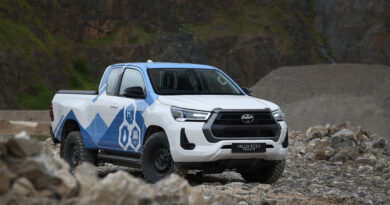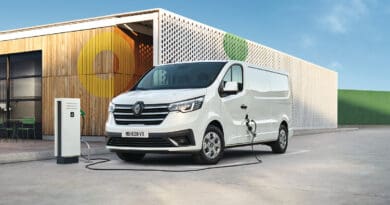Arrival, one of UK’s most exciting electric auto manufacturer to move to incentive friendly US
One of Britain’s most exciting automotive zero-emission start-ups is to quit the country for the United States, where it says incentives are better for industry.
Arrival has scrapped plans to build electric vans for groups including UPS and electric buses for FirstGroup at its Oxfordshire microfactory. Instead, it is to divert assembly to America.
The abrupt change came three weeks after the first electric delivery van, which was four years in development, came out of production at its factory in Bicester.
The decision will cost hundreds of jobs in the UK and ends hopes that the business will expand in Britain, ultimately producing thousands of new jobs. The company had claimed that it would become a British Tesla for the light commercial vehicle market and would build 10,000 electric vans a year at Bicester, with the opportunity to add further similarly sized factories.
Arrival was founded by Denis Sverdlov, 44, a Russian émigré and a former minister in President Putin’s government in Moscow. It is listed on Nasdaq, the technology-focused stock market in New York. It said it was quitting Britain because of better industrial incentives in America.
BMW has already said it is ending production of the electric Mini at its Cowley plant in Oxford and shifting all assembly of its zero-emission models to China.
Arrival said: “The company [will] refocus its resources on the US market, including [the manufacturing of] core components, composite materials, mobile robotics and software-defined factories.
“The major factors in the company’s decision to shift focus to developing its US business included the tax credit recently announced as part of the Inflation Reduction Act, expected to offer between $7,500 to $40,000 for commercial vehicles; the large addressable market size; and substantially better margins. Scaling production in Bicester requires significant further investment in hard tooling and working capital and the company has determined that the benefits of such an investment would be best directed to the US market.”
It added: “The result of these proposals is expected to have a sizable impact on the company’s global workforce, predominantly in the UK.”
The decision is as much to do with a financial crisis at the company, which has prompted its shares to crash by more than 95 per cent on Nasdaq. Cash-burn on its projects dwindled reserves to €330 million at the end of the third quarter and it has not been able to issue new shares to raise money.
It said: “The business plans to raise capital to fund the commercialisation of these vehicle programmes in the US and is exploring all funding and strategic opportunities needed to bring the vans into production at the company’s second microfactory in Charlotte, North Carolina.”






